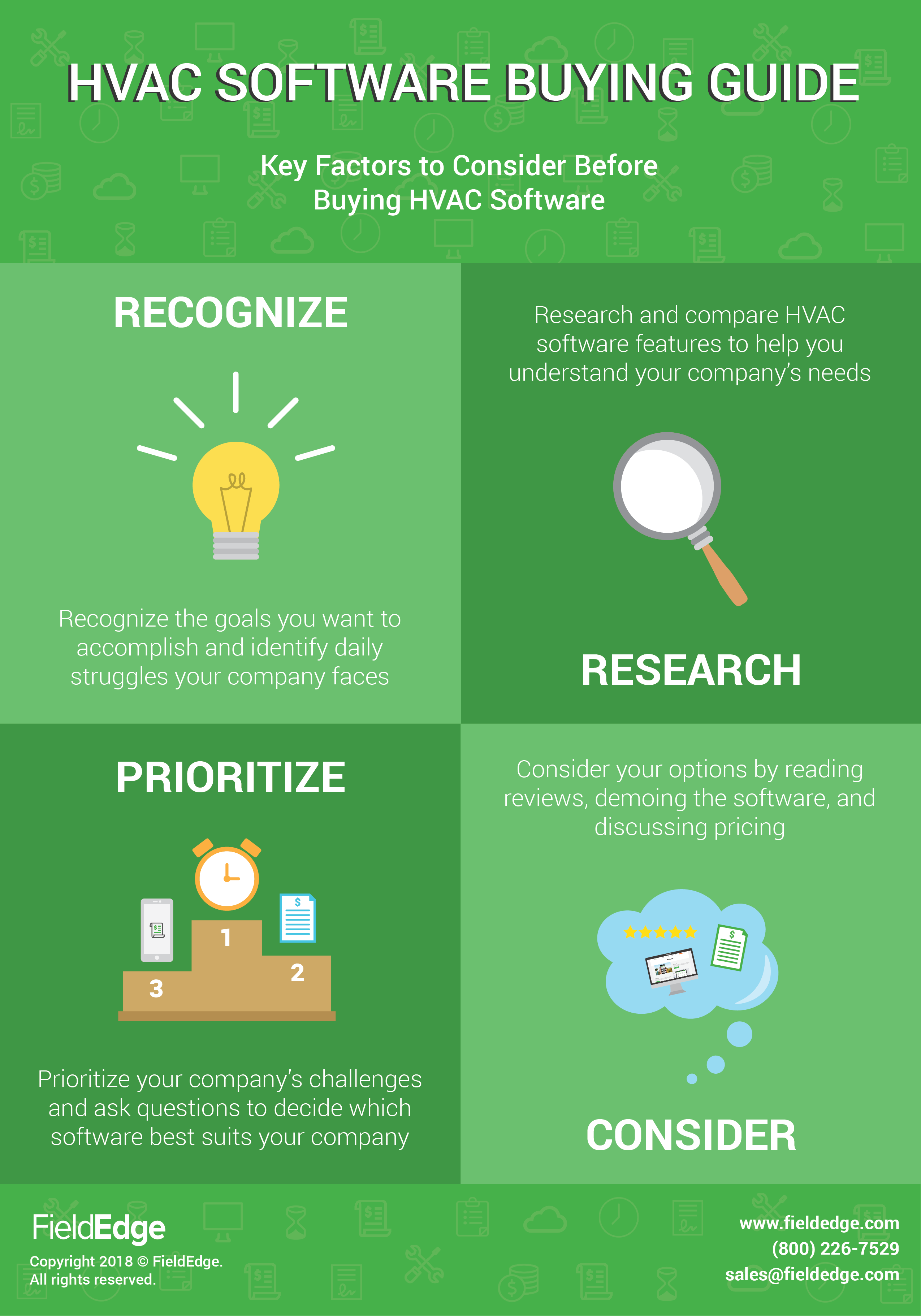The Future Of Home Home Heating - How Heatpump Modern Technology Is Evolving
The Future Of Home Home Heating - How Heatpump Modern Technology Is Evolving
Blog Article
Web Content Create By-Marshall Stack
Heat pumps will be a crucial technology for decarbonising home heating. In a situation regular with governments' introduced power and climate dedications, their international ability increases by 2030, while their share in heating rises to one-quarter.
They work best in well-insulated homes and rely upon electricity, which can be supplied from a sustainable power grid. Technical innovations are making them much more reliable, smarter and cheaper.
Fuel Cells
Heat pumps utilize a compressor, cooling agent, coils and fans to relocate the air and warmth in homes and home appliances. They can be powered by solar energy or electricity from the grid. They have been gaining popularity as a result of their inexpensive, peaceful operation and the capability to generate electrical power during peak power demand.
Some business, like IdaTech and BG MicroGen, are working with fuel cells for home heating. These microgenerators can change a gas boiler and generate a few of a home's electrical requirements with a connection to the power grid for the remainder.
Yet there are factors to be skeptical of using hydrogen for home heating, Rosenow claims. It would be expensive and inefficient compared to other technologies, and it would add to carbon discharges.
click this link now and Connected Technologies
Smart home modern technology allows property owners to attach and regulate their tools from another location with the use of smart device apps. For example, wise thermostats can learn your heating preferences and immediately adjust to optimize energy usage. Smart lights systems can be regulated with voice commands and instantly turn off lights when you leave the room, reducing power waste. And clever plugs can monitor and handle your electric usage, enabling you to recognize and restrict energy-hungry devices.
https://costtoaddairconditioning11863.bloggosite.com/35844695/the-ultimate-guide-to-recognizing-warm-pumps-just-how-do-they-function -savvy family shown in Carina's interview is a good illustration of how passengers reconfigure room heating practices in the light of brand-new smart home technologies. They rely upon the tools' automated functions to perform day-to-day adjustments and concern them as a practical means of performing their home heating techniques. Thus, they see no factor to adjust their practices further in order to make it possible for versatility in their home power need, and treatments aiming at doing so may face resistance from these homes.
Electrical power
Given that heating homes accounts for 13% of US exhausts, a switch to cleaner alternatives could make a large difference. But the modern technology encounters difficulties: It's pricey and requires comprehensive home renovations. And it's not constantly compatible with renewable resource resources, such as solar and wind.
Until recently, electrical heat pumps were too pricey to take on gas models in many markets. However new innovations in layout and materials are making them extra inexpensive. And far better chilly environment performance is enabling them to function well also in subzero temperature levels.
The next action in decarbonising home heating may be making use of warm networks, which attract warmth from a central resource, such as a close-by river or sea inlet, and disperse it to a network of homes or structures. That would certainly reduce carbon exhausts and enable houses to take advantage of renewable resource, such as green electrical energy from a grid supplied by renewables. This alternative would certainly be less costly than switching over to hydrogen, a nonrenewable fuel source that requires new facilities and would only decrease CO2 emissions by 5 percent if paired with boosted home insulation.
Renewable resource
As electrical energy prices go down, we're beginning to see the very same trend in home heating that has driven electrical cars and trucks right into the mainstream-- but at an also faster rate. The strong climate case for impressive homes has actually been pushed even more by new research.
Renewables represent a considerable share of contemporary warmth intake, yet have been offered limited plan attention worldwide compared to other end-use fields-- and even less focus than power has. Partly, this shows a mix of consumer inertia, divided motivations and, in numerous nations, aids for nonrenewable fuel sources.
New technologies could make the shift easier. For example, heatpump can be made a lot more energy effective by replacing old R-22 refrigerants with new ones that don't have the high GWPs of their precursors. Some experts additionally envision area systems that draw warmth from a nearby river or sea inlet, like a Norwegian fjord. christchurch ventilation service can then be made use of for heating & cooling in an area.